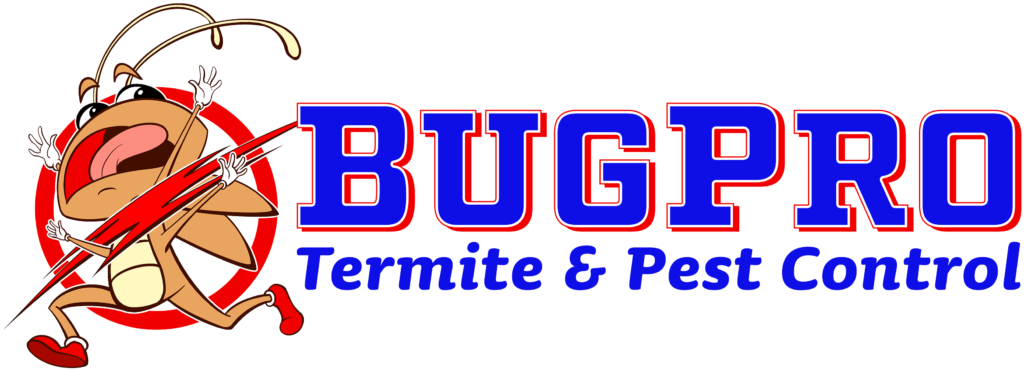
Few things can ruin a perfect summer evening like the persistent buzz and itchy bites of mosquitoes. These tiny insects are more than just a nuisance; they are also carriers of various diseases, making them a significant concern for public health. In this blog, we’ll take a closer look at mosquitoes, exploring their biology, the risks they pose, prevention tips, and effective control measures.
What Are Mosquitoes?
Mosquitoes are small, flying insects belonging to the family Culicidae. There are over 3,500 species of mosquitoes worldwide, and they are found in nearly every part of the globe. Only female mosquitoes bite, as they require blood to develop their eggs. Males feed on nectar and other plant sugars.
Biology and Behavior
– Life Cycle: Mosquitoes go through four stages in their life cycle: egg, larva, pupa, and adult. Females lay their eggs in standing water, and the larvae (commonly known as “wigglers”) hatch and live in water until they mature into pupae. The adult mosquito emerges from the pupal stage, ready to begin feeding and reproducing.
– Feeding Habits: Female mosquitoes use their proboscis to pierce the skin of their host and draw blood. They are attracted to body heat, carbon dioxide, and certain body odors. Male mosquitoes feed on nectar and are not responsible for biting humans.
– Activity: Mosquitoes are most active during dawn and dusk. Some species are more active during the day or night, depending on environmental conditions.
Health Risks
Mosquitoes are known vectors for several serious diseases, many of which can pose significant health risks:
– Malaria: Caused by Plasmodium parasites, malaria is transmitted by Anopheles mosquitoes. It is prevalent in tropical and subtropical regions and can cause fever, chills, and severe illness.
– Dengue Fever: Transmitted by Aedes mosquitoes, dengue causes high fever, severe headache, pain behind the eyes, joint and muscle pain, rash, and bleeding.
– Zika Virus: Also spread by Aedes mosquitoes, Zika virus can cause fever, rash, joint pain, and conjunctivitis. It is particularly dangerous for pregnant women as it can cause birth defects.
– West Nile Virus: Carried by Culex mosquitoes, West Nile virus can lead to fever, headaches, and, in severe cases, encephalitis or meningitis.
– Chikungunya: Another disease transmitted by Aedes mosquitoes, chikungunya causes fever and severe joint pain.
Prevention Tips
– Eliminate Standing Water: Mosquitoes lay eggs in standing water. Regularly check and eliminate standing water in flower pots, gutters, birdbaths, and other containers.
– Use Screens: Ensure windows and doors have screens to keep mosquitoes from entering your home. Repair any holes or tears in screens.
– Protective Clothing: Wear long sleeves, long pants, and socks, especially during peak mosquito activity hours.
– Insect Repellents: Use EPA-registered insect repellents containing DEET, picaridin, or oil of lemon eucalyptus to protect exposed skin.
– Mosquito Nets: Sleep under mosquito nets, especially in areas where mosquito-borne diseases are common.
– Maintain Landscaping: Keep your yard well-maintained. Trim tall grass and shrubs to reduce mosquito hiding places.
Control Measures
– Larvicides: Applying larvicides to standing water can kill mosquito larvae before they mature into adults. This can be done in ponds, bird baths, and other water-holding areas.
– Adulticides: Insecticides designed to kill adult mosquitoes can be applied through fogging or misting methods. This is often done by professional pest control services.
– Biocontrol: Introducing natural predators, such as insect-eating fish (like Gambusia affinis) into water bodies can help reduce mosquito populations.
– Mosquito Traps: Various traps can attract, capture, and kill mosquitoes. These can be a supplemental measure to reduce mosquito activity in specific areas.
– Professional Pest Control: For severe infestations, professional pest control services can provide comprehensive solutions, including inspection, treatment, and ongoing monitoring.
Why Choose Professional Help?
While DIY methods can be effective to a certain extent, professional pest control services offer several advantages:
– Expertise: Pest control professionals have the knowledge and experience to identify and target mosquito breeding sites effectively.
– Advanced Methods: They use advanced tools and products that are not always available to the public.
– Integrated Approach: Professionals can implement an integrated pest management (IPM) approach, combining multiple strategies for long-term control.
– Health and Safety: Proper application of insecticides and other control measures ensures safety for your family and pets.
Mosquitoes may be small, but their impact is significant when it comes to health and comfort. Understanding their biology, recognizing the risks they pose, and taking proactive prevention and control measures can help keep your home and community safe. By eliminating standing water, using protective measures, and seeking professional help when necessary, you can reduce the presence of these pesky pests and enjoy a mosquito-free environment. So, when the buzz of summer mosquitoes becomes more than you can bear, remember that knowledge and action are your best defenses against these tiny but mighty foes.